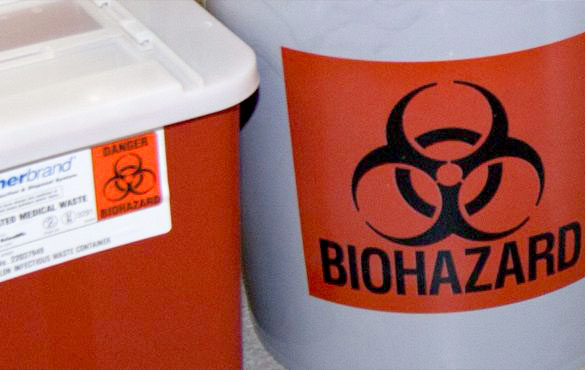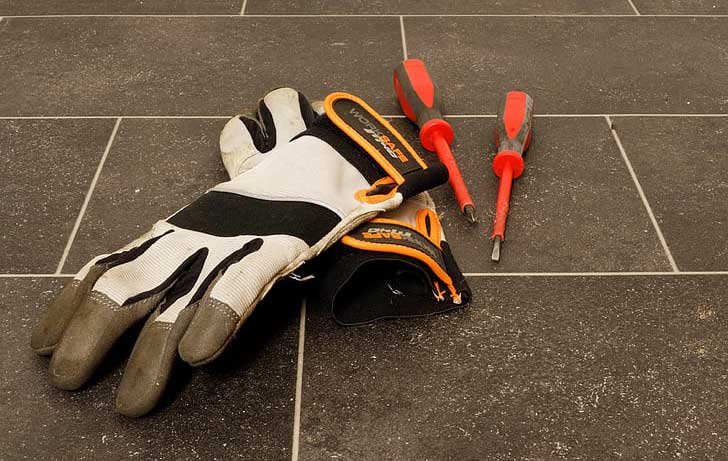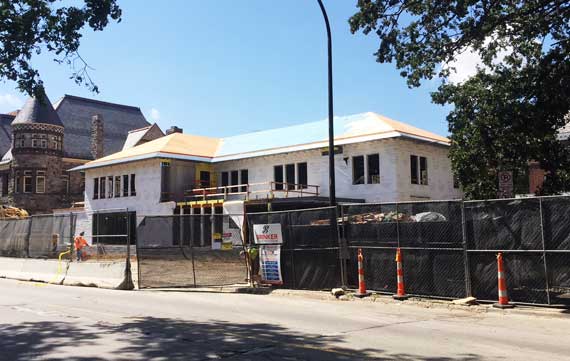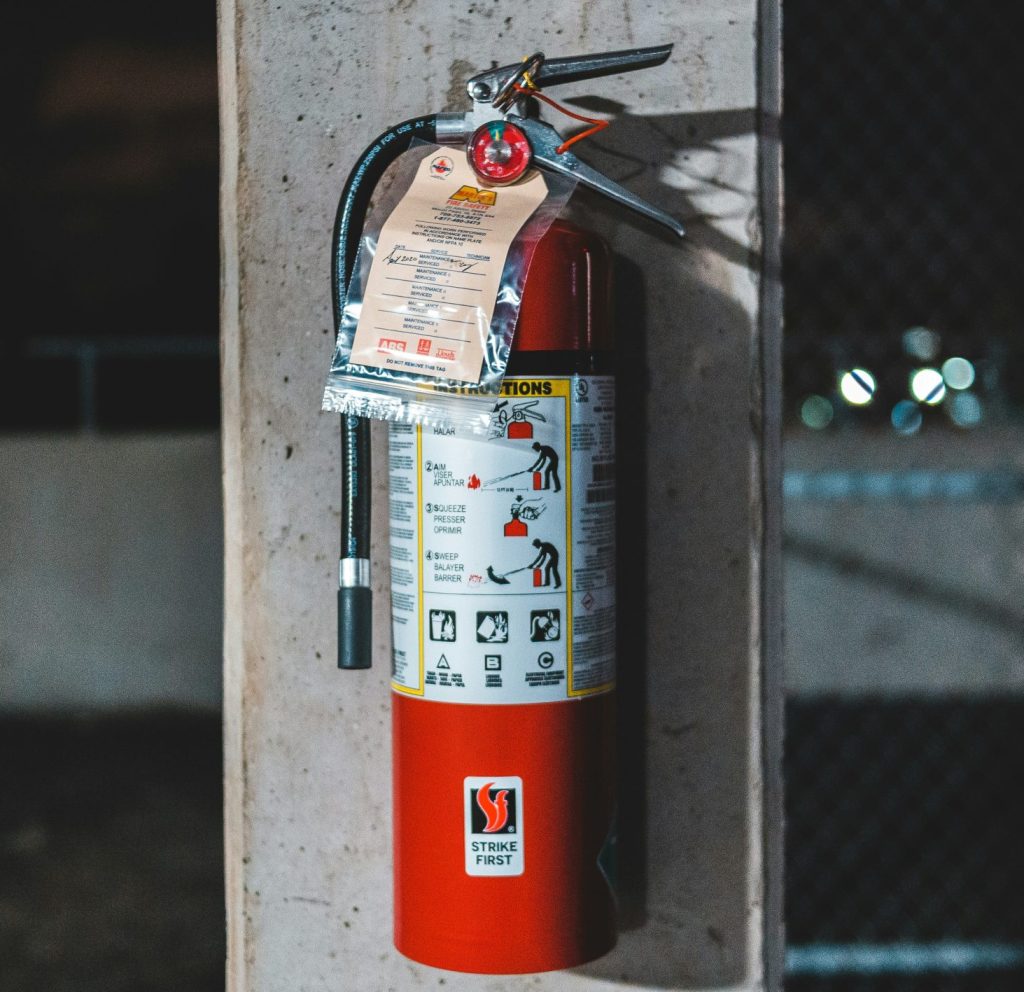Sanitary Drain Disposal
Wastewater discharged from inside University of Michigan (U-M) facilities flows into the sanitary sewer and is treated at the Ann Arbor Water Resource Recovery Facility (WRRF) prior to discharge into the Huron River. The purpose of the WRRF is to remove contaminants from the water at a faster rate than nature (See Fact Sheet: Overview of the WRRF ). However, the water discharged to the sanitary sewer cannot be adequately cleaned if:
- Excessive amounts of pollutants are present in the wastewater
- There is a pollutant present in the wastewater that the WRRF cannot treat – in point of fact, certain chemicals could adversely impact the biological treatment processes at the WRRF which is why it is essential only appropriate materials be poured in the drains!
To prevent or reduce the amount of pollutants entering the sanitary drain system EP3:
- Surveys and samples discharges from U-M facilities to determine if we exceed target levels for the WRRF
- Designs and implements pollution prevention projects to locate contaminants and eliminate them from our waste stream
Pouring other materials (pollutants) down the drain such as chemicals, metals, solids, and oils can interfere with the treatment process. For example:
| POLLUTANT | RESULT |
| Metals |
|
| Chemicals |
|
| Volatile and corrosive chemicals |
|
| Multiple pollutants |
|
You can prevent or reduce the amount of pollutants entering the sanitary drain system by properly disposing of the commonly used hazardous substances and the associated wastes that are generated on the U-M campus. The following documents provide information to help you determine which hazardous substance and associated wastes can be poured down the drain and which must be collected by Hazardous Materials Management (HMM):
- Criteria to Dispose Substances in Sanitary Drains
- Sanitary Drains and Proper Disposal Best Management Practices
- Frequently Asked Questions: Sanitary Drains and Proper Disposal Best Management Practices
- Standards for the Proper Management of Open and Closed Loop Wastewater
More information about collecting pollutants, disposing of pollutants, or proper waste management practices of pollutants can be found by visiting the Environment, Health & Safety Hazardous Waste page.





